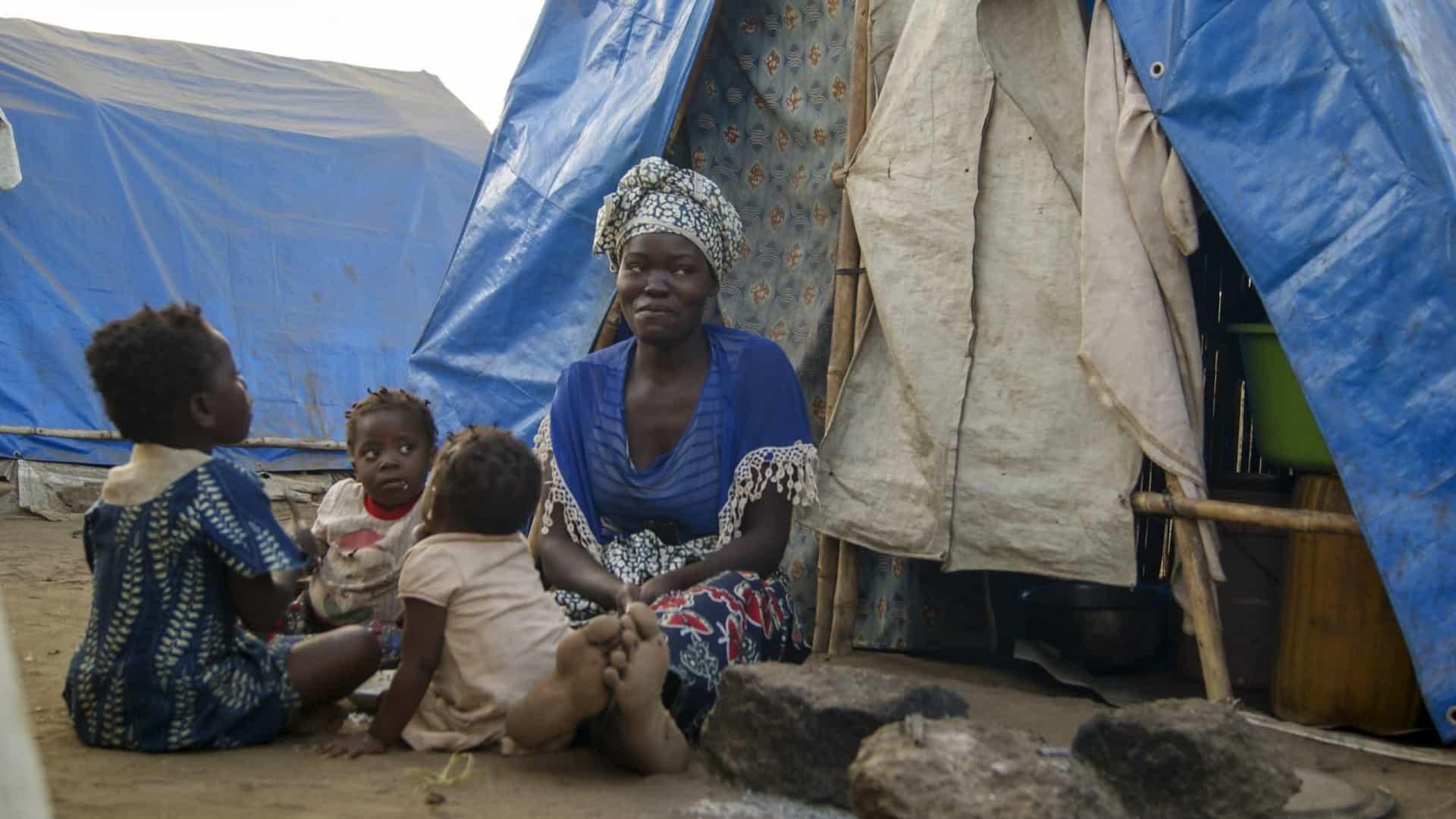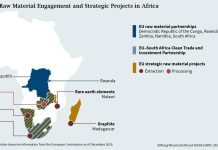Africa-Press – Mozambique. The price of making the dream of returning home come true is around €3 a month, which is the amount that each participating woman has to contribute to a solidarity savings scheme in Ngalane, a camp for displaced people in northern Mozambique.
The fee of 200 meticais (€2.70) is a large sum for those who have lost everything and lives on donations, but Muanansali Dade, 49, does odd jobs every day, mainly cleaning fields for those in need, to earn and save enough money to contribute to the savings group – or ‘xitique’ as it is known in the region – at the end of the month.
The group, made up of 25 displaced women living in the Ngalane camp in Metuge, near Pemba, the provincial capital of Cabo Delgado, gathers every last Sunday of the month, in the afternoon, under a leafy mango tree.
Sitting on the ground or on tarpaulins donated by relief organisations, they prepare food for the occasion and each give one of the people in the group, previously selected, the sum of 200 meticais.
Each month, one person is selected and the result of the savings will reach all of them, according to the tradition of this ancient savings scheme, which also helps families and gives hope in Cabo Delgado.
The women come together as the Kulipilila group, which in the local Quimuâni language means “to support” – something they have been doing together since May.
Maimuna Antumane, a 52-year-old mother of four children aged between five and 27 – all out of school – is happy: she was among the first in the group to receive money from the xitique, a total of 4,800 meticais.
“I will save it to go back to Quissanga,” she said.
Before the rebel attacks life was already difficult in that coastal village, but with the war the scenario worsened, with Maimuna losing everything. She sees the xitique as a possible way “to start again” – to replace the fishing net, her livelihood, which was burnt during the attacks.
Anatércia Carlos, 37, one of the youngest in the Kulipilia group, and mother of four children, does not want to remember the past and the days when she fled from insurgents’ gunfire with her children.
“It was two sleepless days,” she says. “My brother was kidnapped and to this day I don’t know his whereabouts or whether he is alive.”
He was, she said, everything to her in a world where neither ever knew their father.
“The xitique is welcome,” she said. “I want to buy products to sell in Quissanga.”
The group’s leader, Muanansali Dade, supervises the meeting while keeping an eye on the children.
Like her fellow members, she has left everything behind, including the nets she once used for fishing and her documents. She spent seven days on the run without water or food, to escape the violence, together with her six children. Now she is looking ahead towards other horizons, with a savings group that is one of the ways to dream again of a better life after the war.
For More News And Analysis About Mozambique Follow Africa-Press






